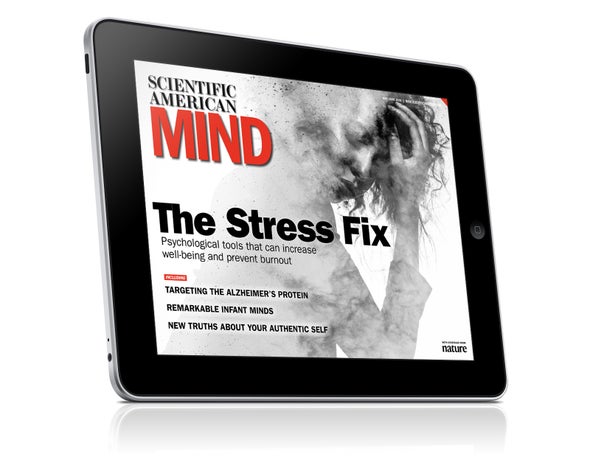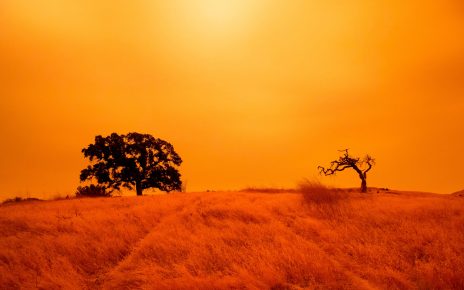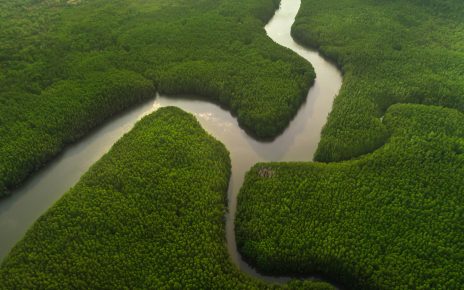
In the past several weeks I’ve often wondered what Bruce McEwen would make of the current state of the world. McEwen was a neuroscientist and endocrinologist at the Rockefeller University who spent his career studying how stress impacts the brain. In 1968 he and his team made the seminal discovery that stress hormones such as cortisol enter the brain and effect neurological function. Exposure to chronic stress factors in the environment creates allostatic load, a term McEwen coined in 1993. Enough stress over long periods leads to measurable changes in brain chemistry and gene expression—and not necessarily for the better. McEwen passed away on January 3 of this year at the age of 81.
I imagine the world events during his career that might have caused McEwen to feel that his work was particularly pertinent, almost painfully relevant: the Vietnam War. The attacks of September 11. I can only guess that he’d feel the same today. Doctors, nurses, administrators, first responders, pharmacists, grocery workers, package delivery personnel, construction workers—they are all dealing with inordinate stress at this time. And so is everyone else—from those working from home alone, parents juggling their jobs and teaching kids full-time from their living rooms, and those who’ve lost their jobs, worrying over how they’re going to survive the coming months. Life is stressful enough in ordinary times, and now we are dealing with heightened allostatic load under the uncertainty and strife of each day.
In this issue, health care worker Ashten Duncan writes that we can’t continue to overlook the importance of personal well-being when it comes to how well we (and especially health care providers) are able to function. He has some interesting insights from research on positive psychology on that score (see “How I Broke the Cycle of Stress”). But my (very nonexpert) advice is that this is a time to treat yourself and others very gently. It’s a time for nonjudgment, leeway for extra emotions, extra naps and extra ice cream. Whatever helps you feel less afraid, tired and lonely, do that. And do it again. Be well, my friends.
This article was originally published with the title “Whatever Helps You Feel Less Afraid, Tired and Lonely, Do That” in SA Mind 31, 3, 2 (May 2020)
doi:10.1038/scientificamericanmind0520-2





